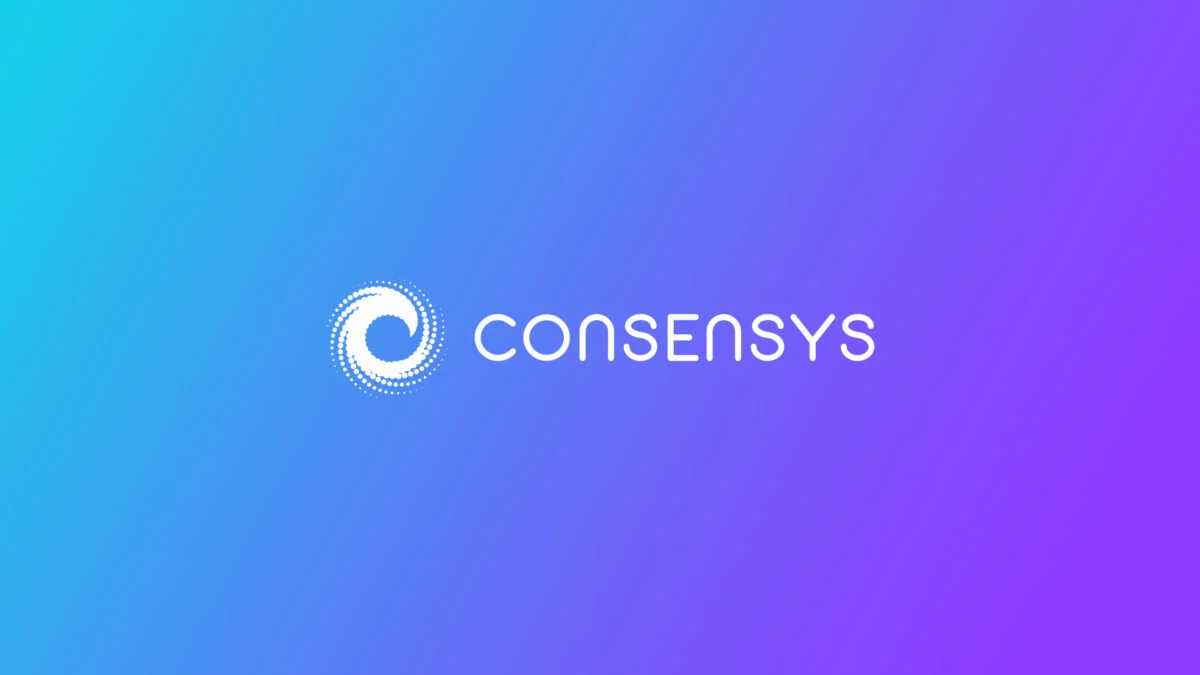ConsenSys, announced the zero-knowledge Ethereum Virtual Machine (zkEVM) network for private beta testing in a blog post on December 13. Using tools like MetaMask, Truffle, and Infura made and run by ConsenSys, developers can deploy and manage decentralized apps as if they were using the EVM directly.

zkEVM, which stands for “zero-knowledge Ethereum Virtual Machine,” is an extension of the Ethereum blockchain that prioritizes anonymity. It enables the establishment of smart contracts that may perform transactions without disclosing sensitive information about the people involved or the transaction details.
Through the use of zero-knowledge proofs, it is feasible to maintain anonymity while yet enabling the execution of sophisticated, verifiable transactions. These are mathematical strategies that enable one party to demonstrate to another that a statement is true without providing any information beyond the statement’s validity.
The launch of the zkEVM private beta testnet marks a key milestone in the development of the technology, since it allows developers to begin testing and building on the platform. This will help to guarantee that the zkEVM is ready for general use when it is eventually published on the Ethereum mainnet.
The zkEVM has the potential to transform how Ethereum blockchain transactions are conducted. It enables the establishment of private, permission-based networks that companies can utilize to perform sensitive transactions without the requirement for a third-party trusted intermediary. This could have numerous applications, ranging from enabling secure voting systems to permitting the trading of confidential financial instruments.
ConsenSys, the company behind the zkEVM, is a leading player in the Ethereum ecosystem. They have been at the forefront of the development of the Ethereum blockchain, and the launch of the zkEVM private beta testnet is just the latest example of their commitment to advancing the technology.
Earlier this year, some prominent blockchain L2 networks, such as Polygon and Scroll, announced the launch of their respective zkEVMs. Since history has repeatedly proven that the pioneers of a particular technology are bound to dominate it, some other players in the Web3 industry are on track to arrive on time for the ZK party.
When asked about the motivation behind the launching of yet another zkEVM when other protocols have worked on the same, the ConsenSys told the Press that most of the zkEVMs around used developmental frameworks outside the native Ethereum tech stack. But as they claimed, the ConsenSys zkEVM is more native to Ethereum, as it can recognize and process the standard EVM bytecode directly.
Moving on, the product is still in beta – meaning it has yet to be opened to the public. Thus, there are a couple of outlined procedures for the testing. First, there will be internal testing starting on the 19th of December to ensure everything works well. As of January 2023, access will be opened to everyone on the allowed list to test the product.
Overall, the launch of the zkEVM private beta testnet is an exciting development for the Ethereum community and a glimpse into the future of private, secure transactions on the blockchain.
What does this mean for blockchain engineers and general users?
Blockchain developers could interact with the zkEVM network for testing and deploying new smart contracts. Similarly, they can swiftly move or migrate existing contracts onto the web.
The general users will be able to enjoy interoperability as they can bridge and transfer DeFi tokens and NFTs. People can access DApps on its portal when the network finally goes live.


